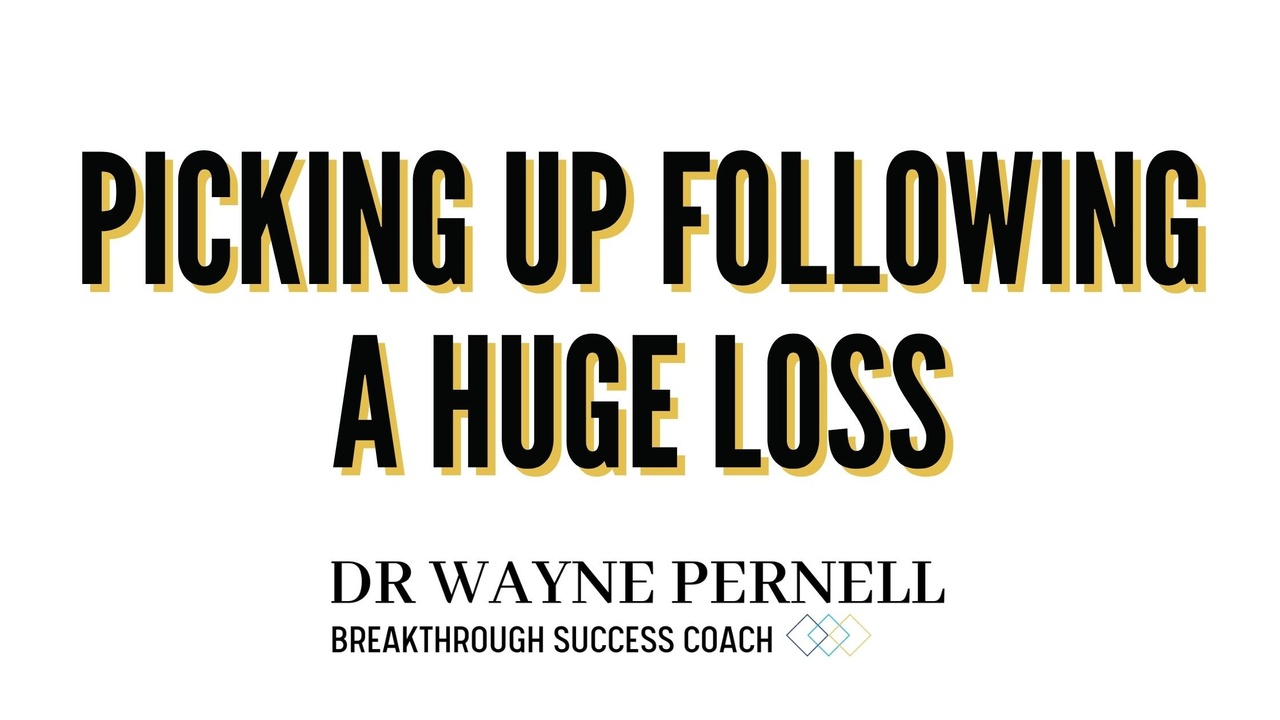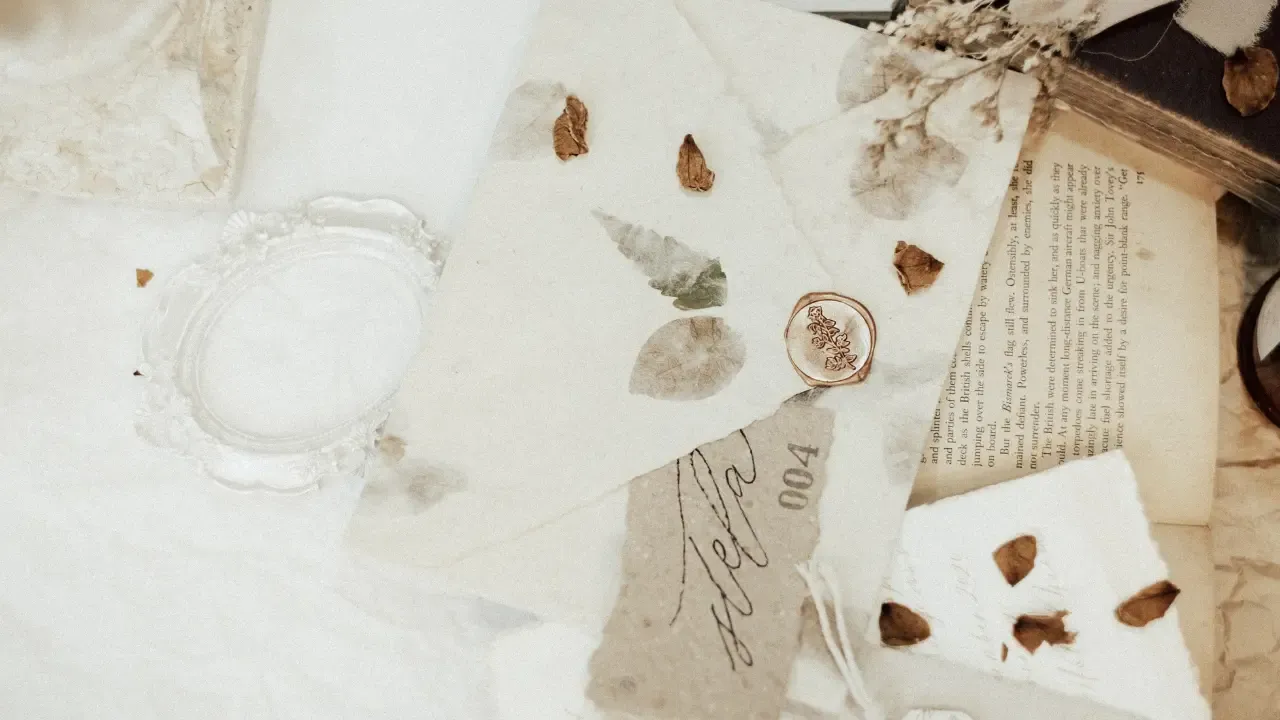
Picking Up Following A Huge Loss
Apr 14, 2021I recently lost my father.
I mean, it’s not like I lost my car keys. I know where we placed him… he passed away. Dark humor, I suppose. He might’ve even appreciated that.
Here’s what I know about loss – it’s very personal. Very. We each process it differently and in our own time.
When my mom passed away fifteen years ago, I was devastated. Crushed. Done. I thought I’d have more time to see her. She had been bravely battling cancer for five years and I told her I’d see her soon. I felt guilty for a long time. I had grief-storms in my closet; I was fine one minute picking my clothes for the day and the next second I was flooding with tears. Those blew in and out for about a month.
When my dad passed away last month, I had a rush of feelings all at once. I was sad, angry, depressed, relieved, confused, and curious. The feelings didn’t rock me. They swept through me. I experienced, and still do to some extent, each of them fairly quickly. And I stayed curious about my process.
Because my dad was a few days shy of 99 years old (can you imagine that… 99!) and he was still asking for and telling jokes, we had the chance to talk. We took the opportunities we had to talk. And we both said what we needed to say. By the time he was able to tell me he was proud of me, I realized I no longer needed to hear it from him. It was nice to hear, but I didn’t need it. I was able to let him know that I appreciated the foundation he had given me. I learned who I wanted to become, and I learned what traits I didn’t want to take forward. They were generational and I can appreciate how my father grew up. And in approaching a hermeneutic view, I appreciate who he was.
As I concluded each visit, I’d silently wonder whether this time would be the last. I’m pretty sure I did a lot of pre-grieving over the past couple of years.
I’m sharing this with you, perhaps as my way of tying up some loose ends. I had shared my father with you on Facebook and YouTube in some live videos. I also wanted to share my process in the hopes that it might help you.
I got through by staying curious, by compartmentalizing, and by drawing on all of the high-performance habits that I teach. We are taught how to grieve by our culture. Not every culture mourns a loss. And I stepped into celebrating what I had with him and embraced being angry about what he and I couldn’t get through. In my eulogy for him, I noted that “he was complex.” And every relationship he had was complex.
Isn’t that the case for each of us, though?
We’re ALL complex and each of our relationships, each of them, is different. So, I approached my sense of loss with curiosity. I reflected on what each emotion meant even while letting it wash over me. Fighting emotions doesn’t do any good. Changing a state does. They’re different activities. I can go into that later.
Besides staying curious, I had to compartmentalize. I had committed to serve an international audience in speaking to a major pharmaceutical company (think vaccines and you’ll get it). Just prior to speaking, I had to sign some hospital release forms. Compartmentalization, meet Service. Service, meet compartmentalization. The gravity of one activity could not displace the need of the other.
And in my high-performance work with leaders seeking a breakthrough, I drew on the core concepts of Clarity and focus – getting absolutely clear about what mattered in the moment and what was needed in each second; Energy and vitality – I monitored what I ate, stayed hydrated, and slept. I knew I’d be needing to make decisions and couldn’t do it if I was “off.” Courage – absolutely every step of the way I faced the unknown. I drew on the one thing I was certain of: I have gotten through 100% of the hard situations I’ve faced in the past. I knew I could get through this even if I didn’t know what “this” entailed. Productivity – I still had things that needed to happen. That said, I cleared my schedule for almost two weeks, loading 12 to 14 hour days into the following week. While there were hiccups, there was no stand-still. And the final concept is Influence – it’s not about making other people do things, but rather sharing things in a way to garner unity and support.
These skills of high performance for leaders served me greatly as I went through this personal/family crisis. Thinking about your own process when under stress might serve you, as well.
The fundamental take-aways are that:
- You have a choice about how to experience anything. If you choose to question your experience, you can open up to new experiences… broader, deeper experiences. This might sound odd, and yet I’ll propose it to you anyway – the process of grief is different for each of us; the experience of grief can be chosen.
- Watch yourself in the process, any process. Whether you’re in a loving family or a heated business negotiation, stay curious about your choices to experience what you’re experiencing. And note that with awareness comes choice.
- Certain habits and skills will keep you grounded and moving forward. You can experience love and be in mourning at the same time that you’re focused on moving your life forward. Clarity counts. Start there.
Picking up after a loss is a personal process. My father shaped me while he was alive and his passing offers opportunities for further growth and development. I have a deep appreciation for all of that.
My dad left a lot of legacies. He did a lot in his lifetime. He challenged us to “do good stuff” and I’ll certainly carry that mantra forward.
The void his passing left cannot be filled, nor should it. We each have a path. We each get to create our own legacies to leave. And yours need not be grand. It need only be meaningful. That’s a personal process, too.
Picking up after a loss is like stumbling on a climb. You look at how far you’ve come, the foundation you’ve got, and you keep climbing. You make your own path. And along the way, maybe, just maybe, you can “do good stuff.”
I love you Dad.
= Wayne =
#DoGoodStuff
#StartsWithOne
The Free on Demand
Powerful Presence Masterclass
The world NEEDS Your Powerful Presence®!
Get Notified When A New Blog Posts!
Join the mailing list for Wednesdays with Wayne and never miss your weekly dose of motivation and advice.
We hate SPAM. We will never sell your information, for any reason.

